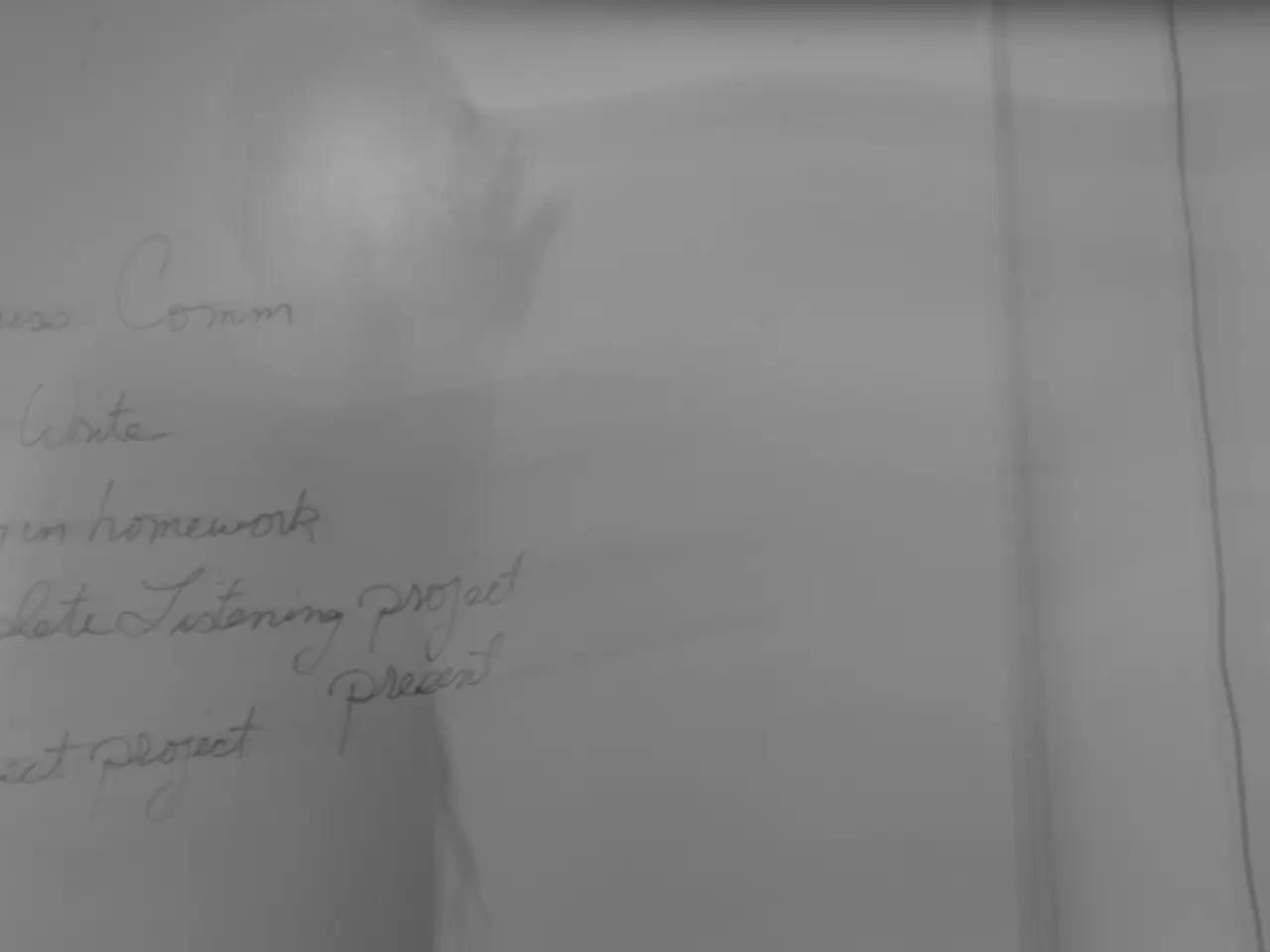Vietnam Strengthens Tax Framework for Household Businesses
Vietnam is strengthening its tax framework to enhance transparency and fairness, with a focus on integrating household businesses. However, awareness and support remain limited among these businesses.
The Vietnamese government is pushing for institutional reform to modernise tax management. Decree No.70/2025/ND-CP aims to bring household businesses into a stricter, more transparent tax framework. This includes measures to simplify procedures and promote digital tax administration, such as differentiated corporate tax rates based on revenue size, effective from October 2025.
Despite these efforts, support from tax authorities is limited. More than half of all household businesses never receive guidance, and only 14.2% receive specific instructions. Awareness of e-invoice regulations is also low, with nearly 90% of businesses unaware of their obligations and only 11.4% fully understanding the rules.
Experts have proposed measures to ease the transition, including a one-year penalty-free period, raising the revenue threshold for applying POS-based e-invoices, and implementing tax exemption/reduction for the first 6-12 months. The Vietnam Association of Foreign-Invested Enterprises (VAFIE) held a seminar on September 26 to update members on these key legal and policy changes, highlighting the importance of businesses quickly grasping new regulations to ensure compliance and seize opportunities.
Vietnam's tax sector is restructuring to build a modern, transparent system using digital technology. Despite challenges, the government is committed to enhancing oversight and fairness. Businesses are urged to stay informed and adapt to the changing legal landscape to ensure compliance and take advantage of new opportunities.
Read also:
- U.S. CBP's Operation Plaza Spike Boosts Fentanyl Seizures Along Arizona-Mexico Border
- Regensburg Court Sentences Pizza Delivery Owner for Illegal Employment, Tax Evasion
- Tesla's EV Market Share Plummets in Europe, US Competition Intensifies
- Catastrophe at a U.S. Steel facility in Pennsylvania results in the loss of two lives. crucial details unveiled




